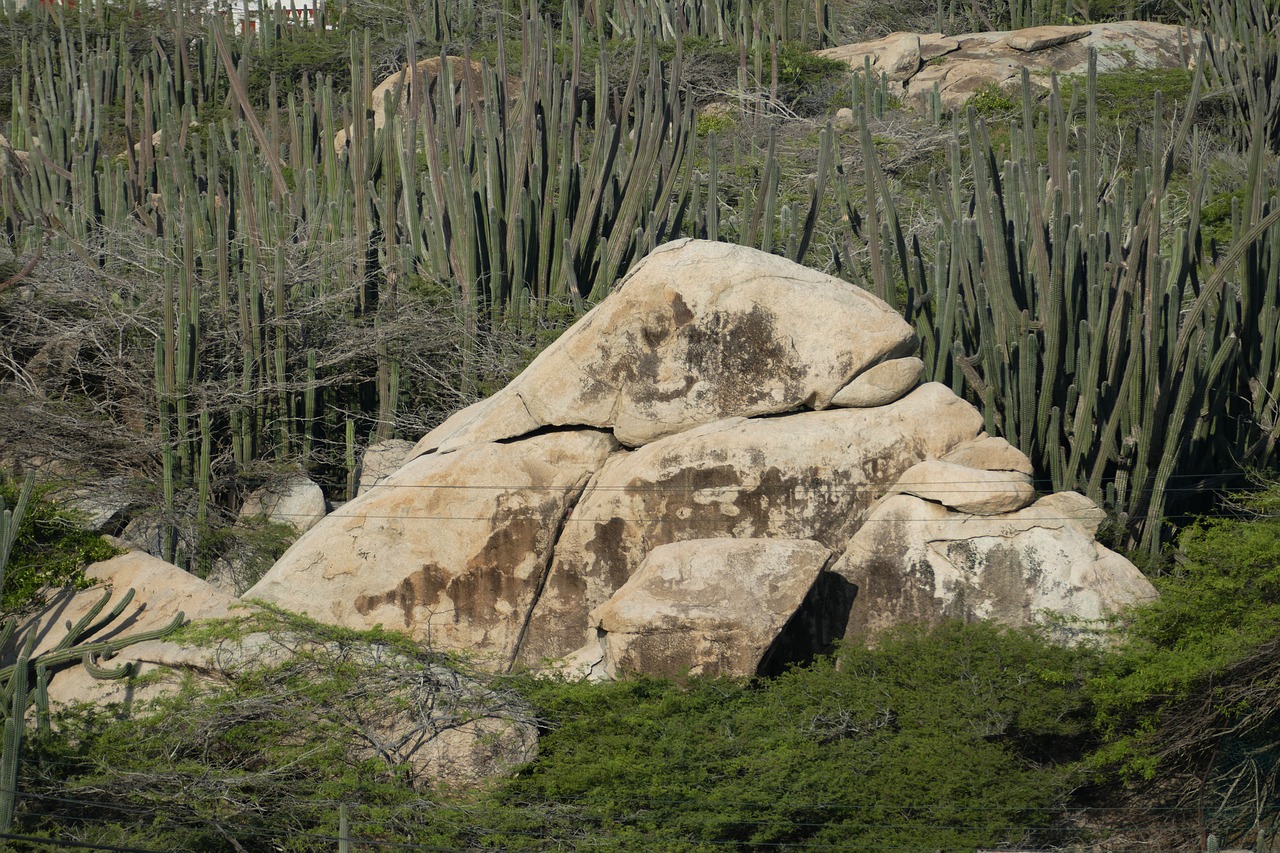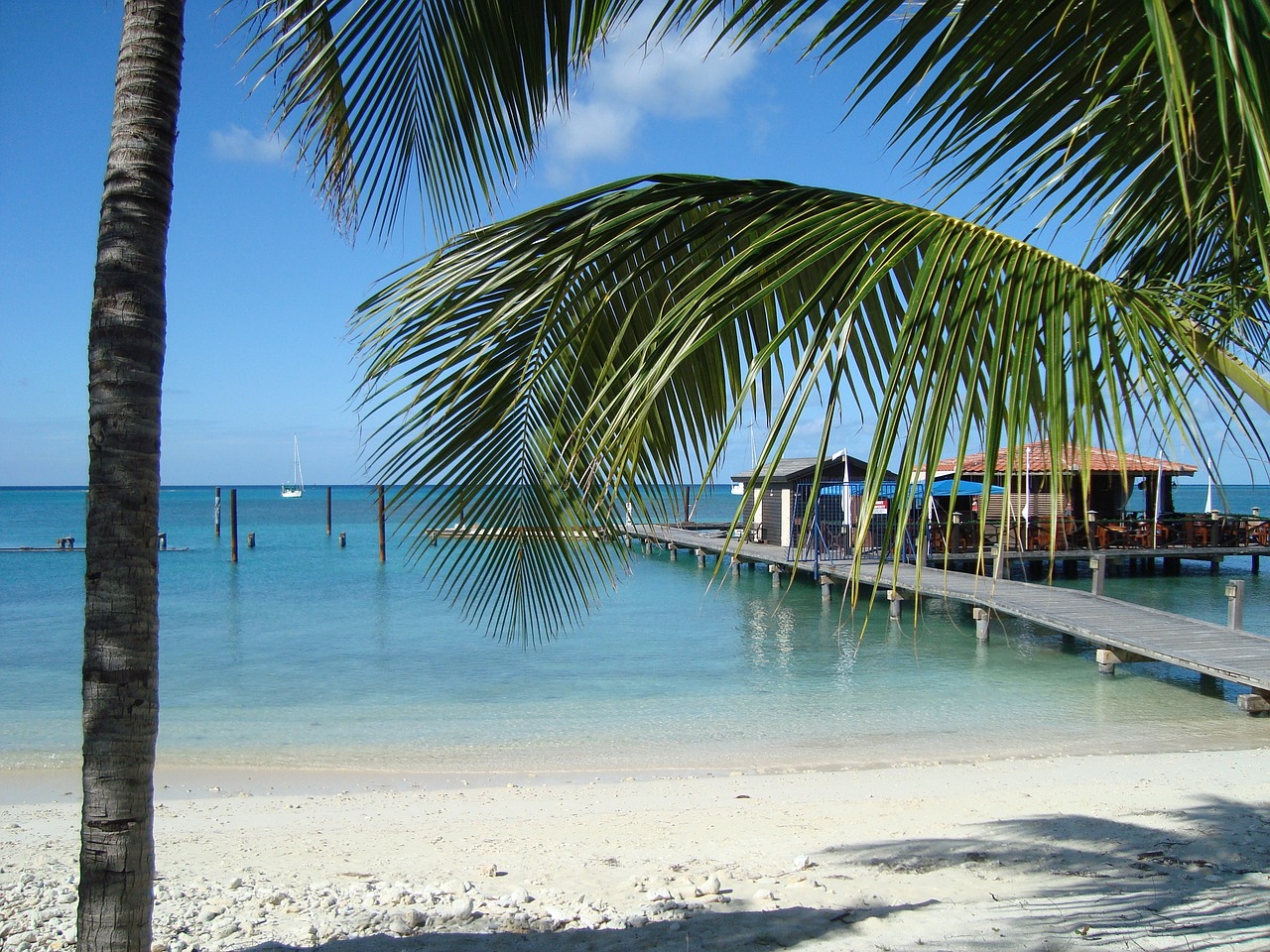Aruba Video
Insider Tips: Avoiding Tourist Traps in Aruba
Aruba, a stunning Caribbean island known for its pristine beaches, crystal-clear waters, and vibrant culture, is a dream destination for many travelers. However, like any popular tourist spot, Aruba has its fair share of tourist traps that can hinder your experience. To ensure you make the most of your time on the island, here are some insider tips to help you avoid those tourist traps and have an unforgettable vacation.
Understanding the High-Rise Hotel Area
When visiting Aruba, many tourists opt to stay in the High-Rise Hotel Area, a strip of luxurious resorts along Palm Beach. While the area offers convenience and a lively atmosphere, it can be crowded and expensive. Consider exploring other parts of the island for a more authentic experience and better value for your money.
- Explore Eagle Beach: Rated as one of the best beaches in the world, Eagle Beach is less crowded than Palm Beach and offers stunning white sand and turquoise waters.
- Visit Oranjestad: The capital city of Aruba, Oranjestad, is known for its colorful Dutch colonial architecture, shopping streets, and local markets.
- Discover Arikok National Park: Escape the tourist crowds and explore the natural beauty of Arikok National Park, home to unique wildlife, hiking trails, and breathtaking landscapes.
Choosing Local Eateries Over Tourist Restaurants
While the High-Rise Hotel Area is dotted with tourist-oriented restaurants, consider venturing into local neighborhoods to experience authentic Aruban cuisine and support small businesses. Not only will you enjoy delicious local flavors, but you’ll also get a taste of the island’s vibrant culture.
- Try Local Delicacies: Visit local food stands and restaurants to savor traditional Aruban dishes such as keshi yena (stuffed cheese), pastechi (savory pastries), and fresh seafood.
- Explore the San Nicolas Street Art District: In the southern part of the island, San Nicolas is a vibrant district known for its street art and local food joints. Indulge in local street food and immerse yourself in the artistic atmosphere.
- Visit Local Markets: Check out the weekly farmers’ markets in Oranjestad and San Nicolas, where you can find a variety of fresh produce, spices, and local snacks.
Exploring Beyond the Beaches
While Aruba is famous for its stunning beaches, there is so much more to explore on the island. Don’t limit yourself to sunbathing and swimming – venture out and discover the hidden gems that Aruba has to offer.
- Go Cave Exploring: Aruba is home to fascinating caves, such as the Guadirikiri and Fontein Caves. Explore these natural wonders and learn about the island’s geological history.
- Take a Jeep Safari: Join a jeep safari tour to explore the rugged and off-the-beaten-path areas of Aruba, including the natural pool, hidden beaches, and unique rock formations.
- Visit the Butterfly Farm: Immerse yourself in the beauty of nature at the Aruba Butterfly Farm, where you can witness the life cycle of butterflies and learn about their conservation.
Understanding Local Transportation Options
While renting a car is a popular choice for exploring Aruba, there are other convenient transportation options available. Understanding the local transportation system can save you money and provide a hassle-free way to get around the island.
- Public Buses: Aruba has a reliable and affordable public bus system that covers most major tourist areas. Look for the blue and yellow buses and familiarize yourself with the routes and schedules.
- Taxi Services: Taxis are readily available in tourist areas and can be a convenient option for short distances or when traveling with a group. Make sure to agree on the fare before starting the journey.
- Bike Rentals: Aruba is a relatively small island, making it perfect for exploring on a bicycle. Many rental shops offer bikes for daily or weekly rates, allowing you to enjoy the island at your own pace.
Supporting Local Artisans
Aruba is home to a vibrant arts and crafts scene, with talented local artisans creating unique and beautiful products. Instead of purchasing mass-produced souvenirs, consider supporting these artisans and taking home a piece of Aruba’s creativity.
- Visit Local Art Galleries: Explore the art galleries in Oranjestad and San Nicolas, where you can find a diverse range of paintings, sculptures, and crafts created by local artists.
- Shop at Artisan Markets: Look for artisan markets and craft fairs, especially during cultural events and festivals. Here, you can find handcrafted jewelry, pottery, textiles, and other one-of-a-kind items.
- Participate in Workshops: Some artisans offer workshops where you can learn traditional crafts like pottery, weaving, or painting. Not only will you gain new skills, but you’ll also support the local community.
Exploring Aruba’s Natural Wonders
Aruba is blessed with breathtaking natural wonders that go beyond its beautiful beaches. From stunning rock formations to hidden pools, make sure to explore these unique attractions and create unforgettable memories.
- Visit Natural Bridges: Although the iconic Natural Bridge collapsed, there are still smaller natural bridges to explore, such as the Baby Bridge. These rock formations are a testament to the island’s geological history.
- Swim in Conchi, the Natural Pool: Located in Arikok National Park, the Natural Pool is a secluded oasis surrounded by rocks. Take a refreshing dip in its crystal-clear waters and enjoy the stunning views.
- Discover the California Lighthouse: Climb to the top of the California Lighthouse for panoramic views of the island’s coastline. It’s especially magical during sunset.
Choosing Off-Peak Travel Times
To avoid crowds and enjoy a more relaxing experience, consider visiting Aruba during off-peak travel times. Not only will you have more space to yourself, but you may also find better deals on accommodations and activities.
- Off-Season Months: Aruba’s off-season typically falls between April and November, excluding major holidays. During this time, you can enjoy lower hotel rates and fewer tourists.
- Weekdays: If possible, plan your visit during weekdays rather than weekends, as beaches and attractions tend to be less crowded.
- Early Mornings: Start your day early to enjoy the tranquility of the beaches and explore popular attractions before the crowds arrive.
Respecting Aruban Culture and Environment
As a responsible traveler, it’s important to respect the local culture and environment when visiting Aruba. By following a few guidelines, you can ensure a positive impact on the island and its people.
- Dress Appropriately: While Aruba has a relaxed atmosphere, it’s important to dress respectfully when visiting religious sites or local communities.
- Protect the Environment: Aruba is home to diverse ecosystems, including coral reefs and protected wildlife. Avoid damaging coral, refrain from littering, and follow responsible snorkeling and diving practices.
- Be Polite: Arubans are known for their warm hospitality. Show respect to locals, greet them with a friendly “Bon Bini,” and learn a few basic phrases in Papiamento, the local language.
Conclusion
By following these insider tips, you can navigate Aruba like a local and avoid falling into tourist traps. From exploring beyond the beaches to supporting local artisans, immersing yourself in the vibrant culture of Aruba will make your trip truly unforgettable. Remember to respect the environment, be mindful of local customs, and savor every moment of your Aruban adventure.
Aruba Image 1:

Aruba Image 2:

Aruba Image 3:

References
– Aruba Tourism Authority: www.aruba.com
– TripAdvisor: www.tripadvisor.com
– Lonely Planet: www.lonelyplanet.com
– Aruban Art Fair: www.arubanartfair.com
– Arikok National Park: www.arubanationalpark.org


